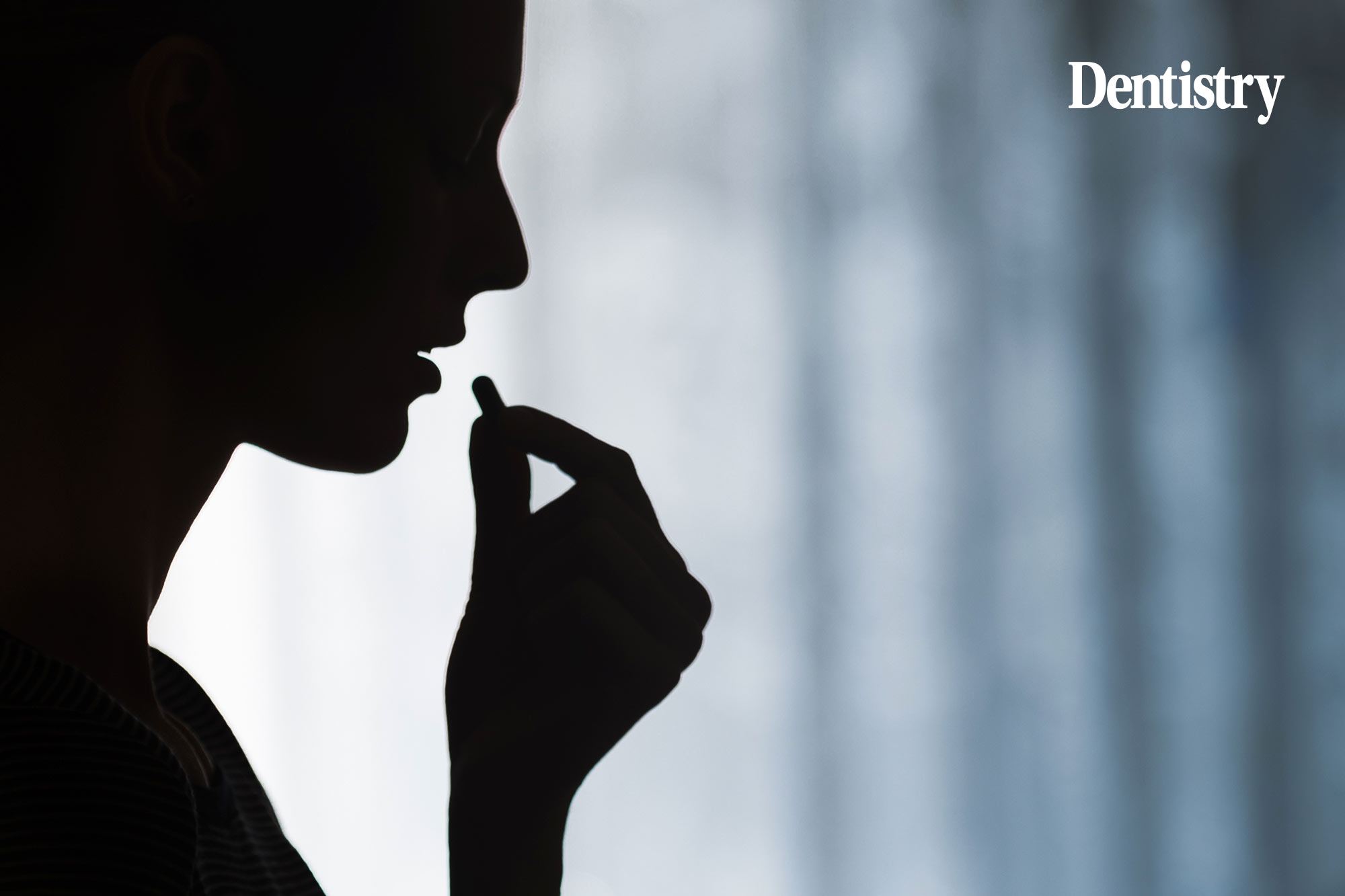 Receiving an opioid prescription from your dentist could put families at risk.
Receiving an opioid prescription from your dentist could put families at risk.
In a new study from the University of Michigan, researchers discovered that dental opioid prescriptions could increase the risk of overdose.
These findings are based on data from 8.5 million Americans who received dental work between 2011 and 2018.
All participants also had Medicaid or private dental insurance.
Links to opioid prescriptions
The overall rate of opioid-related overdoses stood at around three for every 10,000 dental procedures. However the rate was two and a half times higher among patients who filled a prescription for opioids within three days of their procedure compared to those who did not (5.8 versus 2.2 per 10,000).
US dentists wrote 11.4 million opioid prescriptions in 2016. As a result, this suggests that around 1,700 overdoses could be linked to dental opioids every year.
Dr Kao-Ping Chua of the University of Michigan is leader of the study. He said: ‘Our paper shows that when patients fill dental opioid prescriptions, the risk of overdosing on the medication increases both for themselves and their family members.
‘This underscores the importance of avoiding dental opioid prescribing. Non-opioids like ibuprofen [Motrin] and acetaminophen [Tylenol] are effective options for pain control, as is the case for the majority of dental procedures.’
Extended risk
In addition, the study found that family members of dental patients could also be at risk.
Data from 3.5 million dental patients revealed that in 400 cases, family members were treated for opioid overdoses within 90 days of the patient’s treatment.
The rate stood at 1.7 per 10,000 procedures among family members of privately-insured dental patients who filled opioid prescriptions. This compares to one per 10,000 among those who did not.
For example, the children of patients accounted for 42% of family overdoses and spouses for 25%. The remaining occurred among siblings and parents.
Follow Dentistry.co.uk on Instagram to keep up with all the latest dental news and trends.


